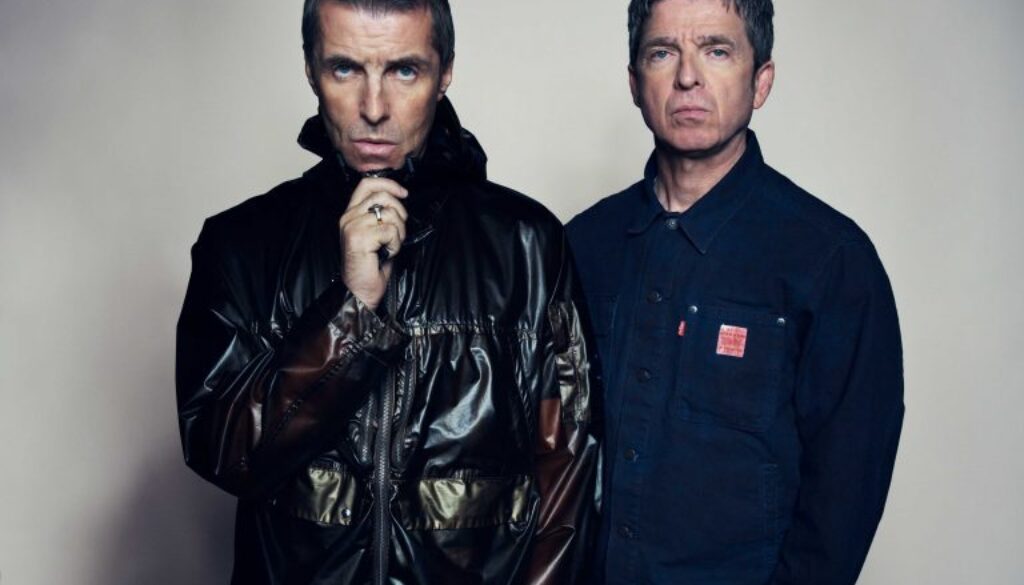Ticketmaster Cleared Over Oasis Ticketing Row – But Fans Still Left Frustrated
Share On
Ah, the great Oasis ticket saga—it’s been almost as chaotic as the Gallagher brothers themselves. But now, the Competition and Markets Authority (CMA) has delivered its verdict: no, Ticketmaster didn’t use dynamic pricing for the band’s much-hyped stadium shows.
For those out of the loop, the controversy kicked off last August when fans scrambled to secure tickets, only to see prices seemingly rocket from £135 to over £350 while they were stuck in the dreaded online queue. Many assumed Ticketmaster had deployed the notorious algorithmic ‘surge pricing’ tactic—where demand dictates the cost in real time. But according to the CMA’s findings, that wasn’t actually the case.
So, what did happen?
Ticketmaster’s UK boss, Andrew Parsons, insists prices were locked in advance and not altered on the fly. Instead, cheaper ticket tiers simply sold out first, leaving only the more expensive options available—which created the illusion of a sudden price hike.
“We don’t change prices in any automated or algorithmic way,” Parsons told MPs earlier this year. “Some of the cheaper tickets sell through first, meaning fans joining later only see the higher-priced ones.”
Straightforward enough, right? Well, not quite. While the CMA found no evidence of dynamic pricing, they did take issue with how information was presented to fans. Turns out, Ticketmaster failed to clearly explain that there were two different price categories for standing tickets. Fans waiting in massive queues had no clue what they’d be paying until it was too late, leading to frustration and—let’s be honest—some very angry tweets.
What happens next?
The CMA is now pushing Ticketmaster to be more transparent, demanding clearer ticket labelling and better communication about pricing. One of the biggest sticking points? Platinum tickets, which were being sold for up to 2.5 times the price of standard seats—despite offering no extra perks beyond, well… existing.
Hayley Fletcher, interim senior director of consumer protection at the CMA, summed it up: “We’re concerned that Oasis fans didn’t get the information they needed and may have been misled into buying tickets they thought were better than they were.”
Now, Ticketmaster has to work with the CMA to fix these issues, ensuring future gig-goers—whether for Oasis, festival headliners, or stadium tours—aren’t left scratching their heads (or emptying their wallets unexpectedly).
The bigger picture: what does this mean for festivals?
This whole saga feeds into a bigger conversation about ticket pricing and fairness in the live music world, including at festivals. Dynamic pricing has been creeping into the industry, especially in the US, where artists like The Cure and Neil Young have spoken out against it. Even Oasis themselves publicly rejected the model after this ticketing mess.
And while dynamic pricing wasn’t the culprit here, the debate is far from over. With festival season around the corner, it’s a reminder to double-check those ticket details and be wary of ‘premium’ options that might not be quite as special as they seem.
For now, the CMA has dropped its investigation into surge pricing, but the pressure is still on Ticketmaster to do better. Fans deserve transparency, whether they’re booking a weekend at Glastonbury or a stadium gig with the nation’s favourite feuding brothers.
One thing’s for sure—if this ticketing chaos ever turns into a Netflix doc, we need Liam Gallagher to narrate it. 🎤




